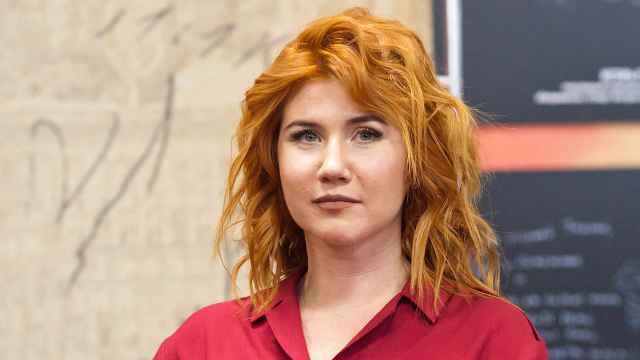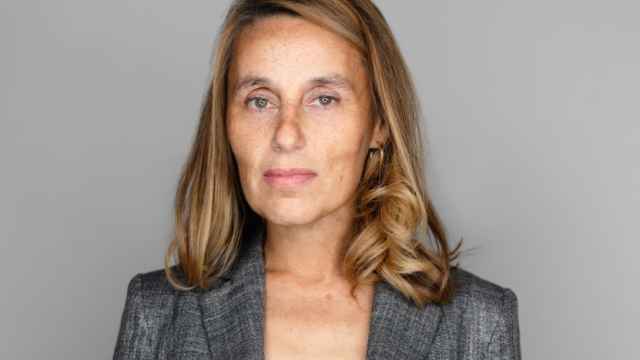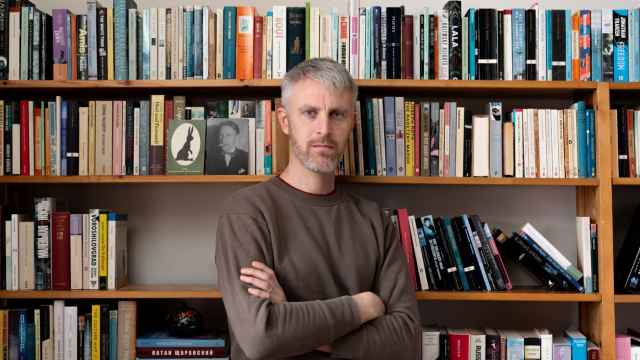I am taking the day off, for reasons that will be made clear near the end of this text. As such I am cobbling this blog together a few days in advance.
Being a lover of lists, particularly eclectic ones, I thought it might be entertaining to take a look at what cultural, or semi-cultural, events have occurred over the centuries in mid-December. While sticking close to today's date of Dec. 15, I also take short forays into a few neighboring dates in order to include events of interest and importance.
1547, Dec. 17. Ivan IV, known popularly as "the Terrible" but properly as "the Awesome," assumes the title of Tsar, or Caesar. It's the first time the term is used in Russian history.
1699, Dec. 15. Peter the Great decrees that from Jan. 1, 1700, Russia will observe the Julian Calendar, and act which held force until 1918 when the Soviet government accepted the Gregorian Calendar, thus bringing Russia in line with most of the rest of the world.
1734, Dec. 16. A request is received in the St. Petersburg treasury to issue payment to "our Italian actors and musicians" for two months of salaries and travel expenses to Italy.
1806, Dec. 15. Famed memoirist Stepan Zhikharev writes in his diary about a story playwright Nikolai Khmelnitsky told him about the resourcefulness of a German actress in Moscow. This Fraulein Dahlberg, according to Khmelnitsky, was able to coerce benefactor No. 1, Mr. S.S.P, to pay for gifts that her benefactor No. 2, Mr. B, had already given her, while benefactor No. 2 paid a salary and room and board to her benefactor No. 3, Mr. L. Oh my.
1812, Dec. 14. The last of Napoleon's army is forced from Russian territory. Fifty-some years later Leo Tolstoy would write brilliantly about this and attending events in "War and Peace."
1818, Dec. 15. Alexander Pushkin makes three drawings — two sketches of the actress Yekaterina Semyonova and one sketch called "Le baiser," the kiss.
1820, Dec. 15. Pushkin has a bad cold.
1825, Dec. 14. The Decembrist Rebellion takes place on Senate Square in St. Petersburg.
1828, Dec. 15. Yevgeny Baratynsky's poem "The Ball" is published with Pushkin's "Count Nulin" in a collection entitled "Two Tales in Verse."
1831, Dec. 15. Pavel Nashchokin throws a Gypsy party for Pushkin in Moscow. The next day the poet wrote to his wife, "Nashchokin gave us a Gypsy evening yesterday. I am so unaccustomed to [such things] that my head still hurts from the shouting of guests and the singing of Gypsies."
1833, Dec. 13. Nicholas I by edict establishes the first official Russian national anthem, "God Save the Tsar," music by Alexei Lvov, lyrics by Vasily Zhukovsky.
1856, Dec. 14. Fyodor Dostoevsky writes to his friend Chokan Valikhanov, the Kazakh historian, folklorist and secret service agent in the Russian Army: "You write that you love me. And I declare to you without ceremony that I have come to love you. I never felt such a strong attraction for anyone, including my own brother, as I have for you. Lord knows how it happened."
1863, Dec. 15. Alexander Ostrovsky himself plays the role of Gustomesov in a production of his play "An Old Friend Is Better Than Two New Ones" at the Lovers of Dramatic Art circle in Moscow.
1881, Dec. 15. Mikhail Saltykov-Shchedrin tells Ostrovsky he should agree to let sculptor Leonid Bernstam do a bust of him for a Moscow exhibition.
1892, Dec. 18. Pyotr Tchaikovsky's "The Nutcracker" premieres at the Mariinsky Theater in St. Petersburg.
1898, Dec. 15. Anton Chekhov attends the premiere of the operetta "A May Night," based on a story by Nikolai Gogol, at the Yalta City Theater.
1900, Dec. 15. Sergei Ozhegov, the compiler of one of Russia's best and longest-living dictionaries, is born.
1901, Dec. 15. In a letter to Olga Knipper, Chekhov complains of hemorrhoids and of being weak, angry and lazy.
1905, Dec. 15. Russian statesman Sergei Witte calls for a crackdown on growing protests against the Russian government. Five days later the Moscow uprising is crushed and hundreds are dead. The effects of this event have an enormous effect on Russian art and literature. Andrei Bely's acclaimed novel "Petersburg" is set in this time period and reflects the depression that grew out of it. This same day the now-famed Pushkin House is established in St. Petersburg in order to preserve the literary legacy of Russia's greatest writer.
1907, Dec. 15. Nikolai Nikitin, the architect who would create the Ostankino television tower and participated in the construction of the Luzhniki Stadium and Moscow State University on Sparrow Hills (Vorobyov Gory), is born.
1908, Dec. 14. Alexander Blok writes to his mother about a "long letter" he received from Konstantin Stanislavsky. "The essence of it is that he fell in love with me and 'Song of Fate' but did not fall in love with any one of the characters."
1914, Dec. 15. Velemir Khlebnikov, based on research he did about the 11th and 12th centuries, mistakenly predicts an important "sea battle" will take place that day. Two days later he writes about it to Mikhail Matyushin: "Mikhail Vasilyevich! I am beginning to write a story about my mistake. I thought that a sea battle would take place on the 15th. It didn't..."
1917, Dec. 14 and 15. Vsevolod Meyerhold unveils two premieres in Petrograd on consecutive nights at Russia's premier theaters of the time. He opened Rimsky-Korsakov's "The Snow Queen" at the Mariinsky on Dec. 14, and Henrik Ibsen's "The Lady from the Sea" at the Alexandrinsky the next night.
1931, Dec. 16. Rehearsals of Nikolai Erdman's banned play "The Suicide"begin at the Moscow Art Theater. These rehearsals would be abandoned six months later.
1936, Dec. 15. Actor Vasily Kachalov visits his director Konstantin Stanislavsky, who is recuperating from illness at the Barvikha Sanitorium.
1937, Dec. 16 or 17. Poet Marina Tsvetayeva writes to poet Anatoly Shteiger: "Friend, I love you as a lyrical poet and a mother. And also as I: it's impossible to explain. I give you this in black and white as material evidence so that in your hour of death you cannot blurt out at God: 'I came into your world and no one in it loved me.'"
1952, Dec. 14. Playwright Yevgeny Shvarts writes in his diary: "I never heard Chaliapin. I waited for tickets to fall into my hands but it never happened."
1955, Dec. 15. Boris Pasternak writes to aspiring poet Mark Vatagin, who passed on a packet of his poetry for Pasternak to read: "My son was right in convincing you not to come see me but was wrong in agreeing to pass on your poetry for perusal. When my readers and admirers address me with requests like yours I realize with regret or irritation that they are not sufficiently my readers or admirers because they have failed to understand what's most important about me: that I do not like "verses in general," that I have no understanding of poetry as it is usually defined, and I am not a judge or connoisseur in this field."
1973, Dec. 15. Orest Yevlakhov, composer and educator, dies in Leningrad.
1989, Dec. 15. In the Moscow suburb of Lyubertsy I marry Oksana Mysina, a Russian actress, setting in motion a series of events that will lead to my taking a day off from writing on Dec. 15, 2013.
1991, Dec. 15. Day of Remembrance for Russian journalists who died on professional duty is marked for the first time.
A Message from The Moscow Times:
Dear readers,
We are facing unprecedented challenges. Russia's Prosecutor General's Office has designated The Moscow Times as an "undesirable" organization, criminalizing our work and putting our staff at risk of prosecution. This follows our earlier unjust labeling as a "foreign agent."
These actions are direct attempts to silence independent journalism in Russia. The authorities claim our work "discredits the decisions of the Russian leadership." We see things differently: we strive to provide accurate, unbiased reporting on Russia.
We, the journalists of The Moscow Times, refuse to be silenced. But to continue our work, we need your help.
Your support, no matter how small, makes a world of difference. If you can, please support us monthly starting from just $2. It's quick to set up, and every contribution makes a significant impact.
By supporting The Moscow Times, you're defending open, independent journalism in the face of repression. Thank you for standing with us.
Remind me later.






